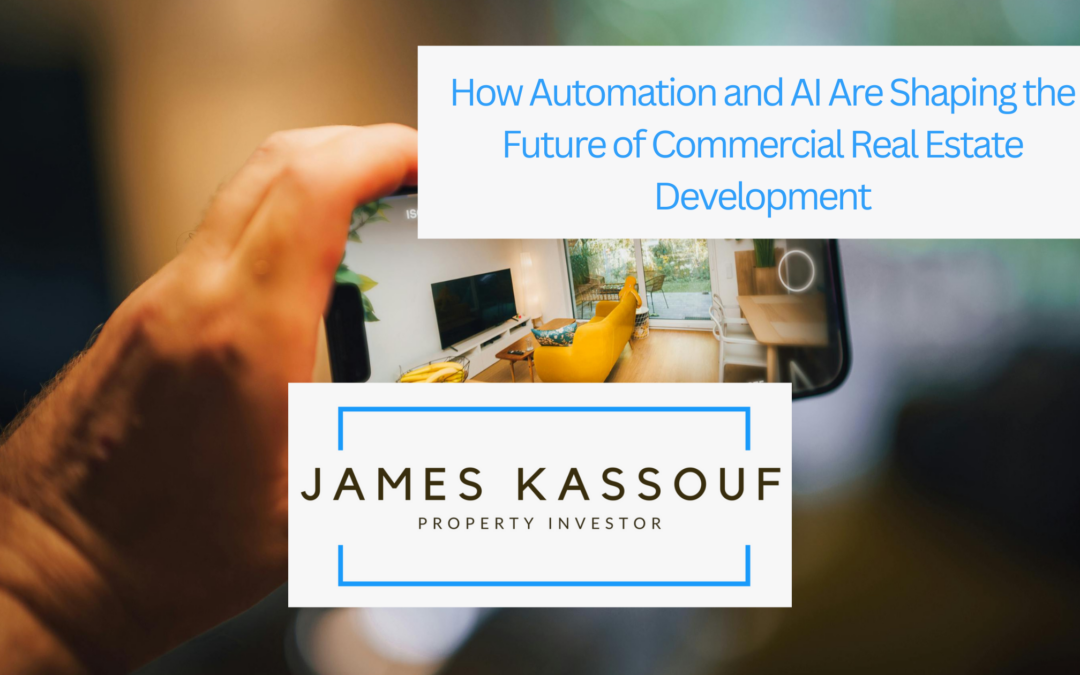The commercial real estate (CRE) sector is transforming, mainly driven by advancements in automation and artificial intelligence (AI). As developers face increasing demands for efficiency, sustainability, and enhanced tenant experiences, these technologies are invaluable tools in reshaping the industry’s landscape.
One of the most significant impacts of AI in CRE development is in data analysis. The ability to analyze vast amounts of data quickly and accurately allows developers to make informed decisions about site selection, market trends, and investment opportunities. Predictive analytics can identify emerging markets and assess potential risks, enabling developers to allocate resources more strategically. This data-driven approach enhances profitability and reduces the likelihood of costly missteps.
Automation also streamlines various processes within the development cycle. From project management to regulatory compliance, automated tools are helping teams stay on track and adhere to timelines. For instance, Building Information Modeling (BIM) allows real-time collaboration among architects, engineers, and contractors, minimizing errors and enhancing communication. This collaborative environment leads to faster project completions and reduces overall costs.
Moreover, automation plays a crucial role in the construction phase. Robotics and automated machinery are being deployed to perform repetitive tasks, increasing efficiency and safety on job sites. Drones, for example, can conduct site surveys, monitor progress, and assess potential hazards without human intervention, saving time and resources.
As tenant expectations evolve, AI enhances the occupant experience in commercial properties. Intelligent building technologies powered by AI allow for personalized environments that optimize energy use, enhance security, and improve overall comfort. Features such as automated lighting, temperature control, and predictive maintenance systems create a better experience for tenants and lead to long-term cost savings for property owners.
Sustainability is another critical focus area where AI and automation intersect. With growing concerns about climate change, developers are increasingly adopting green building practices. AI can optimize energy consumption, predict maintenance needs, and analyze the environmental impact of developments, ensuring that projects are both profitable and environmentally responsible.
In summary, automation and AI are not just trends; they are essential components reshaping the future of commercial real estate development. By leveraging these technologies, developers can make smarter decisions, enhance operational efficiencies, and create spaces that meet the evolving needs of tenants and investors alike. As the industry continues to innovate, embracing these advancements will be vital to staying competitive in a rapidly changing market.

